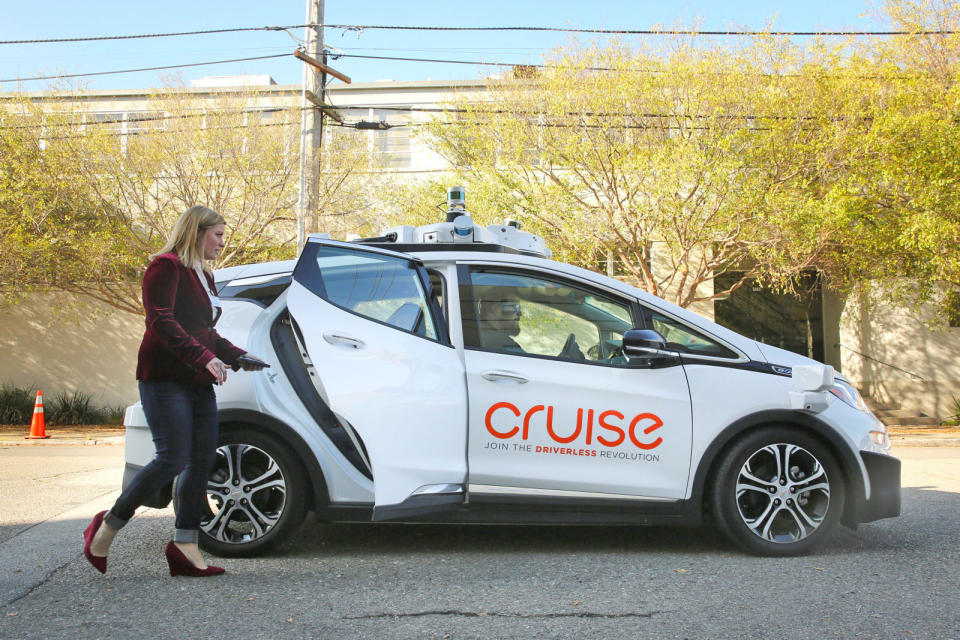GM's self-driving ambitions don't include 'small-scale pilots'
CEO Kyle Vogt took some jabs at the competition in a press briefing.
Cruise is GM's self-driving division, and it has found surprising success with the Chevy Bolt, which has been deployed in test programs across the country. This week, CEO and Cofounder Kyle Vogt outlined the company's plans for the deployment of their autonomous vehicle fleet. A key takeaway is that Vogt isn't interested in small-scale pilot programs; they are also "not going to launch a ride hailing pilot where you've got drivers still in the car," according to Vogt in TechCrunch.
This sets Cruise apart from its competitors; after all, Waymo is currently doing a small pilot program in Phoenix to test its driverless taxis service. Uber, meanwhile, had a test program in Pittsburgh that allowed riders to hail an autonomous car with a human driver behind the wheel. Cruise clearly isn't interested in these small steps. It will only launch when its cars and tech are ready for full-scale implementation.
We're years away from that happening, but when it does, Cruise won't start in a small, suburban area. Vogt's priority is to maximize the impact of driverless cars, and that will occur in large, densely populated urban areas. Cruise will likely be the first company to have autonomous vehicles on the roads of New York, as it is planning on having self-driving Chevy Bolts in a five-square-mile area of lower Manhattan next year. The cars will have engineers behind the wheel as they continue to test and develop their autonomous vehicles.



